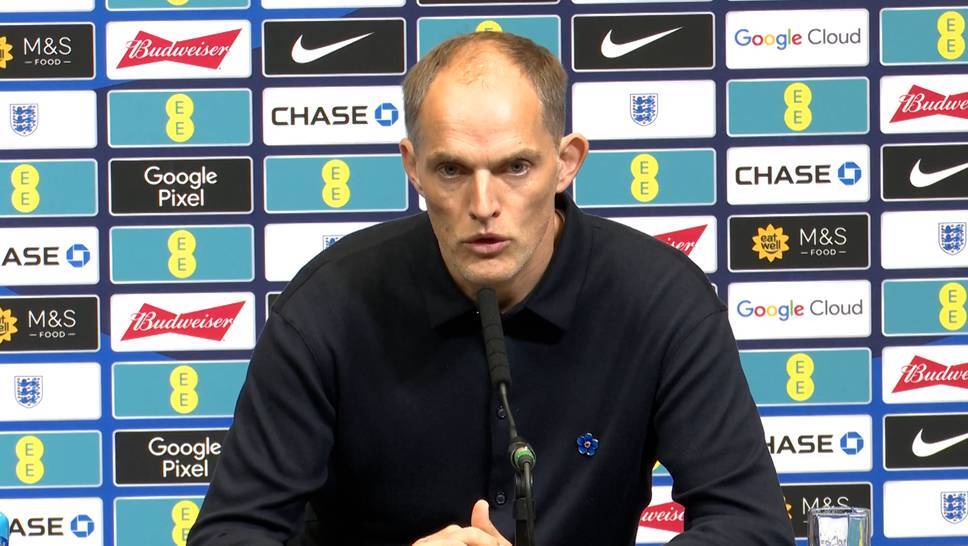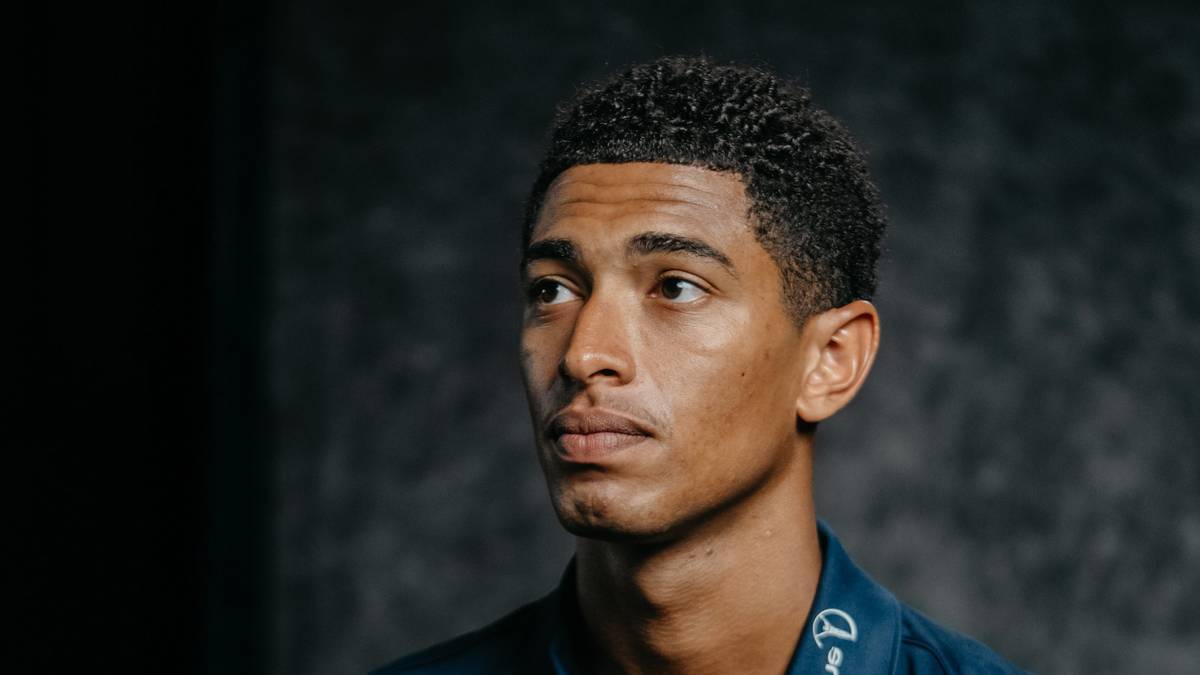
Jude Bellingham comments on World Mental Health Day. The Real star speaks openly about the pressure from social media.
Open insights into Jude Bellingham’s emotional world! The Real Madrid star has commented on World Mental Health Day in his role as Laureus ambassador.
“I think it is still a taboo to talk about mental health,” the 22-year-old criticized.

Jude Bellingham talks about mental health
Bellingham is tired of the macho image
He added: “I know there have been times when I’ve felt vulnerable, doubted myself, and needed someone to talk to – instead, I’ve tried to maintain this macho image of an athlete, like ‘I don’t need anyone’.”
But the truth was that he – and generally every person – needed someone. “You feel better when you talk about your feelings and emotions,” the Englishman clarified.
“It is the duty to be role models”
He reported: “As athletes, it seems as if the world is at our feet or in our hands – we can do what we want, earn a lot of money and are completely unimpressed by it. But in reality, if we show our vulnerability, we can open up a bigger dialogue for people who are struggling in the dark.”
The Real star emphasizes: “It is the duty of people like me – and in our position – to be role models.”
“The love an athlete receives is extraordinary”
He still believes that athletes are seen as people who should keep their mouths shut and accept everything, which is an old-fashioned view.
“The love an athlete receives is extraordinary. But for every person or group of people who love you, there are others who despise you because of the team you play for or because of something you’ve done.”
Support network for athletes
The 22-year-old added: “This hate can be very hard for athletes to endure – and I can really empathize with those who are struggling with their mental health.”
Bellingham described that everyone is allowed to have their own opinion about sports, but there should be limits to the terrible things that can be said.
“I’m not sure how to limit that on social media, but I think the support network around athletes is important,” the Englishman said.
In his opinion, it is essential in the future that mental training is offered in sports. “I myself have never been in a deep mental crisis, but I have seen people in my environment who were, and that is sad to see. I would rather be a teammate to whom someone can come and talk about their mental problems,” Bellingham explained.